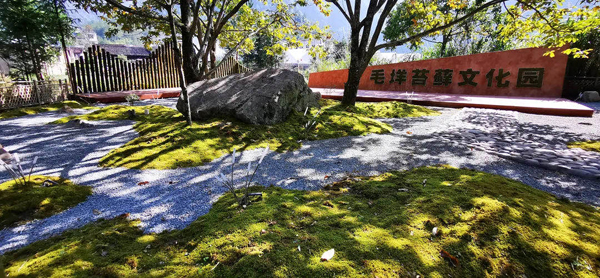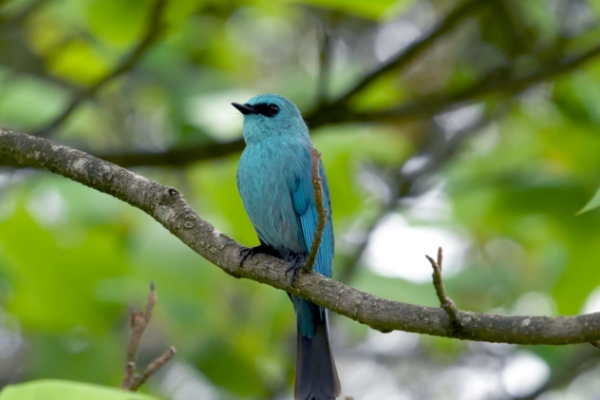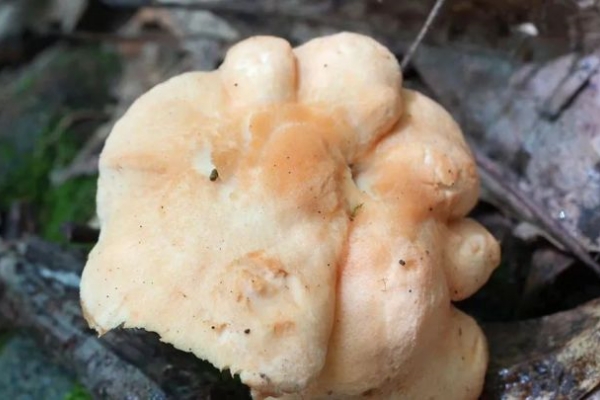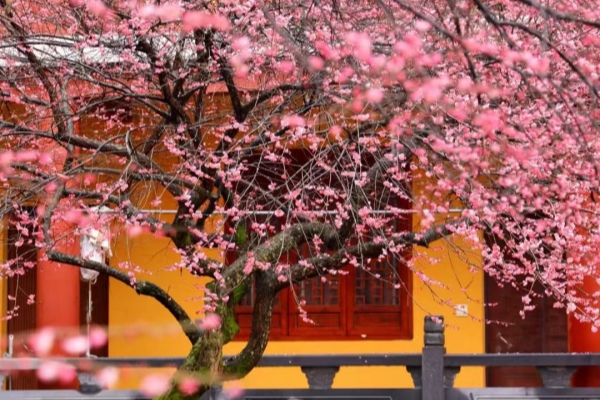Maoyang promotes biodiversity, conservation by moss planting

A moss park in Maoyang township, located in Jingning She autonomous county. [Photo/WeChat account: lshb2016]
In China, there are about 2,800 kinds of bryophytes – different species of mosses and similar plants – but with the rapid development of urbanization and reduction in forest area, their survival is said to be seriously threatened.
Maoyang township in Jingning She autonomous county – administered by Lishui city in East China's Zhejiang province – uses commercial means to grow moss on a large scale. This has reportedly not only contributed to the protection of biodiversity, but also established a complete business involved in moss cultivation on an industrial scale and sales of related moss products.
In 2020, the sales of moss garden landscapes in Maoyang reached 7.3 million yuan ($1.13 million) and the sales of associated products topped 3.8 million yuan.
This year, Maoyang has made joint efforts to build a future village supported by moss cultivation. It has carried out intelligent cultivation and research on rare bryophytes and medicinal bryophytes to further promote the development of bryophytes diversity.
In order to boost its burgeoning moss industry, Maoyang has partnered with a number of well-known businesses, introduced capital of more than 5.5 million yuan and hired 14 technical staff to provide financial and professional support.
Based on its favorable environmental conditions, Maoyang has also established a 30-kilometer-long green corridor – featuring moss, precious tree species and medicinal herbs and plant – to popularize science and advocate to people that they should actively participate in biodiversity and conservation.

 Lishui establishes intelligent biodiversity monitoring system
Lishui establishes intelligent biodiversity monitoring system New fungus species discovered in Qingyuan
New fungus species discovered in Qingyuan Lishui transforms weirs to aid fish migration
Lishui transforms weirs to aid fish migration